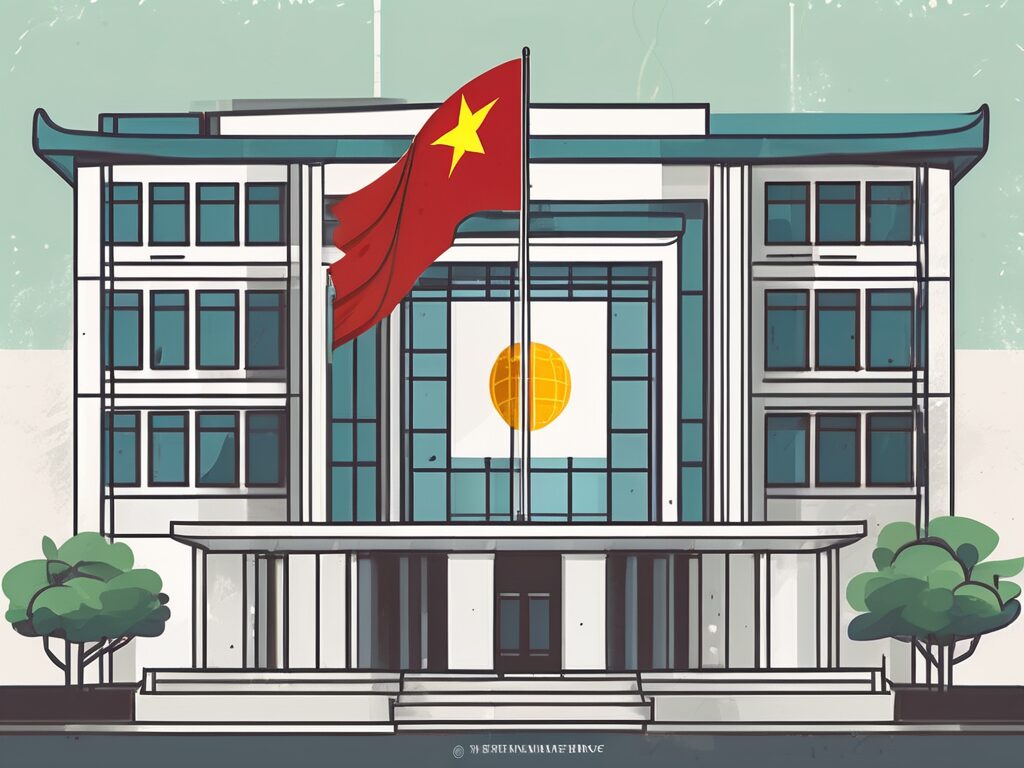The landscape of education in Vietnam has been undergoing significant transformation over the past few years. This change has been driven by a series of government policies aimed at improving the quality of education and making it more accessible to all. In this exploration, we will delve into five key matters that these policies are addressing.
1. Enhancing the Quality of Education
Curriculum Reforms
One of the primary ways the Vietnamese government is working to improve the quality of education is through curriculum reforms. The government has introduced a new curriculum that emphasises critical thinking and problem-solving skills, much like the shift we’ve seen in western countries such as the UK. This is a departure from the traditional rote learning methods, which focused more on memorisation.
The new curriculum also includes subjects such as information technology and foreign languages, which are crucial in today’s globalised world. This is akin to the digital literacy push we’ve seen in countries like Australia, recognising the importance of these skills in the 21st century.
Teacher Training
Another aspect of enhancing the quality of education is improving the quality of teaching. The government has implemented policies to provide ongoing training and professional development for teachers. This is similar to the continuous professional development (CPD) programmes in place for teachers in countries like Canada.
These programmes are designed to equip teachers with the latest teaching methodologies and techniques, ensuring they are well-prepared to deliver the new curriculum effectively.
2. Increasing Access to Education
Infrastructure Development
Access to education in Vietnam has been a significant concern, particularly in rural areas. The government has been addressing this by investing in infrastructure development. This includes building new schools and upgrading existing ones, much like the school building programmes we’ve seen in countries like India.
These efforts have resulted in more children having access to education, reducing the disparity between urban and rural areas.
Scholarships and Financial Aid
Financial constraints can often be a barrier to education. To address this, the Vietnamese government has introduced scholarships and financial aid programmes. These initiatives are similar to the student loan schemes in place in countries like the United States, aimed at ensuring that financial constraints do not hinder access to education.
These programmes have made it possible for more students to pursue higher education, contributing to an increase in the country’s literacy rate.
3. Promoting Vocational Education
The Vietnamese government recognises the importance of vocational education in providing students with practical skills that can lead to employment. This is similar to the emphasis on vocational education in countries like Germany.
Government policies have been geared towards promoting vocational education, including partnerships with industry to ensure that the training provided is relevant to the job market. This has resulted in an increase in the number of students enrolling in vocational courses.
4. Integrating Technology in Education
Technology plays a crucial role in modern education. The Vietnamese government has been proactive in integrating technology in education, similar to the edtech push we’ve seen in countries like South Korea.
Government policies have encouraged the use of digital tools in teaching and learning, and the development of online learning platforms. This has not only enhanced the quality of education but also increased its accessibility.
5. Fostering International Cooperation
International cooperation is key to improving the quality of education. The Vietnamese government has been fostering partnerships with foreign institutions to facilitate exchange of knowledge and best practices. This is similar to the international collaborations we’ve seen in countries like Singapore.
These partnerships have resulted in improved curriculum and teaching methodologies, contributing to the overall enhancement of the education system in Vietnam.
In conclusion, the Vietnamese government’s policies are playing a crucial role in shaping the education landscape in the country. While there is still work to be done, these efforts are resulting in a more inclusive and high-quality education system that will undoubtedly contribute to the country’s future development.
Empower Your Teaching Career with IPGCE
As Vietnam continues to embrace educational reforms, the demand for qualified educators who understand the nuances of international curricula is on the rise. IPGCE is dedicated to supporting teachers in their professional development, offering a Level 7 programme that not only enhances qualifications but also opens doors to international teaching opportunities. With our programme, you can expect a significant increase in interview callbacks, promotion rates, and salary, while joining a global network of educators. Don’t let inadequate credentials or isolation limit your potential. Embrace the opportunity to enrich your understanding of global education systems and advance your career while maintaining your current commitments. Join the UK’s #1 Teacher Training Course today and take the next step in shaping the future of education in Vietnam and beyond.

